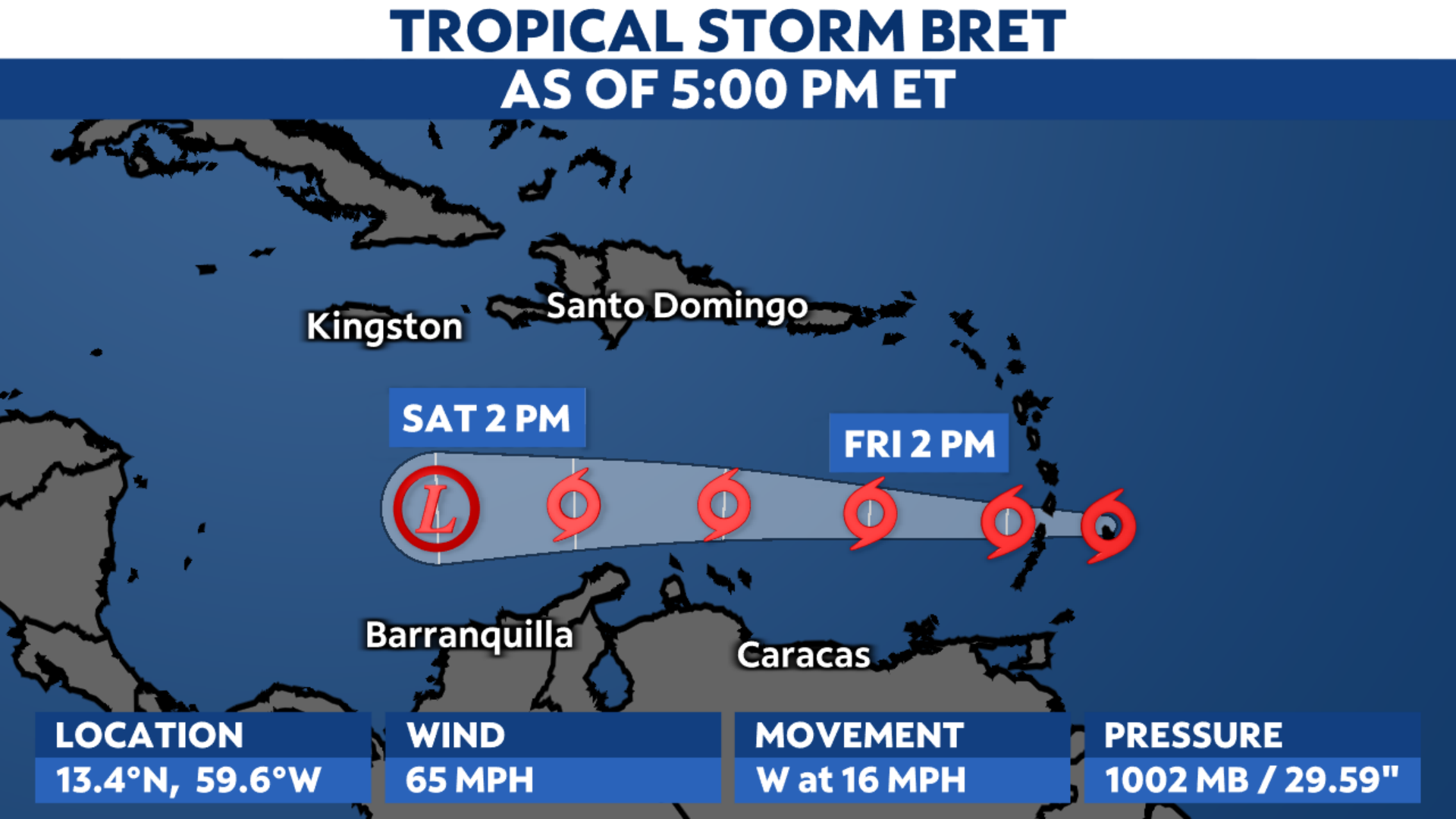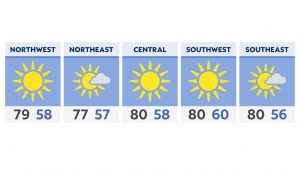The Food and Drug Administration on Thursday said it has sent warning letters to dozens of retailers selling fruit- and candy-flavored disposable e-cigarettes, including the current best-selling brand, Elf Bar.
What You Need To Know
- The Food and Drug Administration on Thursday said it has sent warning letters to dozens of retailers selling fruit- and candy-flavored disposable e-cigarettes, including the current best-selling brand, Elf Bar
- The move came on the same day the Centers for Disease Control and Prevention published a study that found monthly e-cigarette sales climbed by nearly 50% from January 2020 to December 2022 while sales of flavors that appeal to youths increased despite government efforts to crack down on them
- The FDA and CDC also cited Elf Bar in a separate report about thousands of calls to U.S. poison centers concerning e-cigarettes, mainly involving children under age 5
- The FDA has tried for years to regulate the multibillion-dollar vaping industry, but the CDC study found that there has been a 46.2% spike in the number of e-cigarette brands on the market, from 184 to 269
It’s the latest attempt by regulators to crack down on illegal disposable vapes that have poured into U.S. stores in recent years.
The move came on the same day the Centers for Disease Control and Prevention published a study that found monthly e-cigarette sales climbed by nearly 50% from January 2020 to December 2022 while sales of flavors that appeal to youths increased despite government efforts to crack down on them.
Last month, the FDA issued orders allowing customs officials to seize shipments of Elf Bar, Esco Bar and two other brands at U.S. ports. None of the products have received FDA authorization and they come in flavors like cotton candy, which regulators say can appeal to teenagers.
In the latest action, the FDA said it issued warnings to 189 convenience stories, vape shops and other retailers.
“We’re not going to stand by as bad actors are profiting off the sale of illegal products that are addicting our nation’s youth,” Brian King, the FDA’s tobacco center director, said in an interview. “Today’s action is just part of our long-standing efforts to address those products, particularly flavored disposable products.”
The FDA and CDC also cited Elf Bar in a separate report about thousands of calls to U.S. poison centers concerning e-cigarettes, mainly involving children under age 5.
When accidentally ingested, liquid nicotine can cause seizures, convulsions, vomiting and brain injury. Reports of nicotine poisoning have gone up and down over the past decade, but government scientists said calls increased more than 30% between last spring and March this year.
Brand information was not reported in 95% of cases, but when it was, Elf Bar was the most frequently named product.
Despite the missing data, King called the high number of reports involving Elf Bar a “canary in the coal mine.”
The FDA has tried for years to regulate the multibillion-dollar vaping industry, but the CDC study found that there has been a 46.2% spike in the number of e-cigarette brands on the market, from 184 to 269.
The analysis — conducted by researchers with the CDC and the Truth Initiative, a nonprofit health group focused on the dangers of tobacco and nicotine use — found there were 22.7 million units sold in December 2022, up from 15.5 million nearly two years earlier — a 46.6% increase.
There was a shift away from prefilled devices and toward disposable ones, the analysis found. Two years ago, about three out of four e-cigarette users bought prefilled devices. In December, disposable devices edged out prefilled e-cigarettes 51.8%-48%.
The researchers used data generated from bar codes scanned during purchases at brick-and-mortar stores. The data did not include customers’ ages, but there were signs that efforts to keep the products out of the hands of adolescents are falling short.
In January 2020, the FDA announced a new policy prioritizing enforcement against certain unauthorized flavored e-cigarette products that appeal to kids. But the CDC study found that the shares of tobacco- and mint-flavored products have since decreased from 28.4% to 20.1% while shares of other flavors, which include fruit and candy flavors, increased from 29.2% to 41.3%.
In addition to the FDA’s efforts, seven states — California, Maryland, New Jersey, New York, Rhode Island and Utah — and 378 local jurisdictions have imposed restrictions on flavored e-cigarette sales.
The study found that Vuse, JUUL, Elf Bar, NJOY and Breeze Smoke rank as the top five e-cigarette brands. Deirdre Lawrence Kittner, director of the CDC’s Office on Smoking and Health, cited JUUL as primarily driving spikes in youth e-cigarette use in 2017 and 2018.
“The tobacco industry is well aware that flavors appeal to and attract kids, and that young people are uniquely vulnerable to nicotine addiction,” said Truth Initiative CEO and President Robin Koval. “While we are encouraged by FDA’s recent actions to curb unlawful marketing of flavored e-cigarettes, we all must work with even greater urgency to protect our nation’s youth from all flavored e-cigarettes, including disposables.”
Doctors warn that the ingredients in e-cigarettes, including nicotine, can cause addiction and inflammation of lung tissue as well as affect brain development in adolescents. Tobacco product use is the leading cause of preventable disease, disability and death in the United States.
The CDC called for comprehensive restrictions on the sale of all flavored tobacco products, including e-cigarettes, menthol cigarettes and flavored cigars combined with youth-prevention strategies such as price increases and policies banning the use of all tobacco products indoors.
The agency noted that while e-cigarette sales were up overall over the nearly two-year study period, sales decreased 12.3% from May to December 2022. It said the drop was likely reflected new sales restrictions, FDA actions, potential COVID 19-related supply chain disruptions, inflation and a recent proliferation of larger disposable e-cigarettes that allow for higher nicotine consumption per use.
Spectrum News has reached out to Elf Bar and the Tobacco Vapor Electronic Cigarette Association, which represents the e-cigarette industry, for comment.




